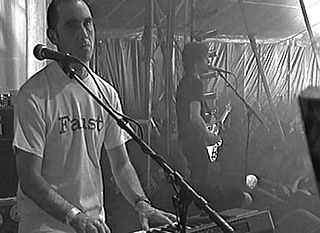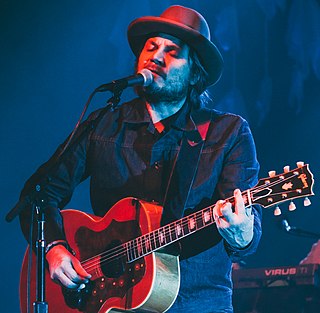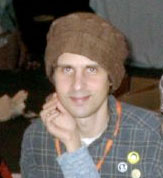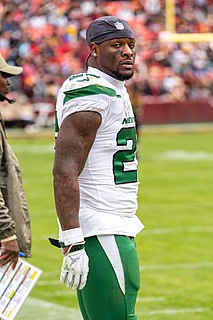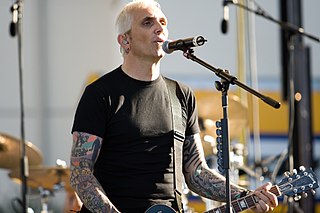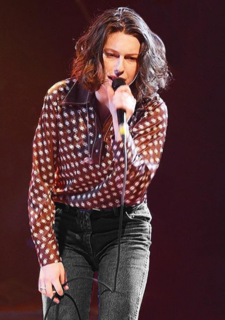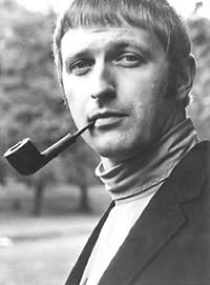A Quote by Paul McCartney
People think once you get famous and rich you move out of the public sphere and you have nothing left to write about. I've heard that - Bruce Springsteen was this real street boy, now he's got this big house. How does that compute? If you don't look at the material side of someone's life, if you look at more the emotional side, there's always a wealth of stuff to write about.
Related Quotes
My writing is of a very different kind from anything I've heard about. All this mythological material is out there, a big gathering of stuff, and I have been reading it for some forty- or fifty-odd years. There are various ways of handling that. The most common is to put the material together and publish a scholarly book about it. But when I'm writing, I try to get a sense of an experiential relationship to the material. In fact, I can't write unless that happens ... I don't write unless the stuff is really working on me, and my selection of material depends on what works.
There's always stuff to write about. So it's very gratifying on a lot of levels. This is stuff I got asked over and over again, or heard about. People would ask me about it, but they kind of knew the answer. It would be this ongoing question: "Your fans are wondering, now that you're married, are you still going to be able to write songs?" I'm serious! I would get asked that!
There's a lot of material from my life in my books, but they're not really autobiographical, in the sense that they're not about my life. So, in 'A Feather on the Breath of God' I write about my parents, I write about this Russian immigrant, I write about the world of dance, but it isn't an autobiography; so much is left out.
To be honest, I’m more concerned with living my life than writing about my life. I feel like that’s really the main thing I know now that I didn’t know when I was younger — and that is that you have to have a life to write about one. If you’re more worried about having experiences so you can write about them, I think you’re kinda being ridiculous, and I think a lot of young people look at it like that.
I've always thought that the balance between the side of my mind that knows what it is doing and the side that really hasn't got a clue has to be carefully maintained because if you write too knowingly then you get chilly, and if you write too unknowingly you write bollocks that nobody else can understand.
With my friends, it was always essentially true stories. That's how I always felt about doing King-Cat. This is something that really happened, whether it makes me look good or bad, or someone else look good or bad. This is what happened, and it's my job in life to write it down. Nowadays, I'm a lot more conscientious about it. I'm not out to attack somebody in print.
The problem is once you've written the opening paragraph and worked out how the rest of the story will go in your head, there's nothing in it for you. I write in longhand using disposable fountain pens on the right-hand side of the notebook for the first draft, then I rewrite some of the sentences and paragraphs on the left-hand side.
I think 'Shade Room,' it's a different me. You know, I think it's more on the lyrical side, talking about my life and how I really feel. You know, all these things outside of football. And people really get to look at how I feel about things or how I look at certain things. It's not just a song, more so me just telling people how I feel.
I think that were I in the middle of an obsession to write about, say, sudden oak death in California or my grandchildren or time and memory and how they look when you get to be in your sixties, and I thought, "Well, yes but people are dying every day in Baghdad," I wouldn't feel guilty about not writing about Baghdad if I didn't have any good ideas about how to write about it.
I write chronologically in my life, so whatever's going on, I write about it. Usually, that's when I feel the most cohesive body of work is formed. I got to live this crazy life, I got to write about it, and now I've got this record that I'm really proud of, too. It's not done, but when I put it out, it's gonna be good.





